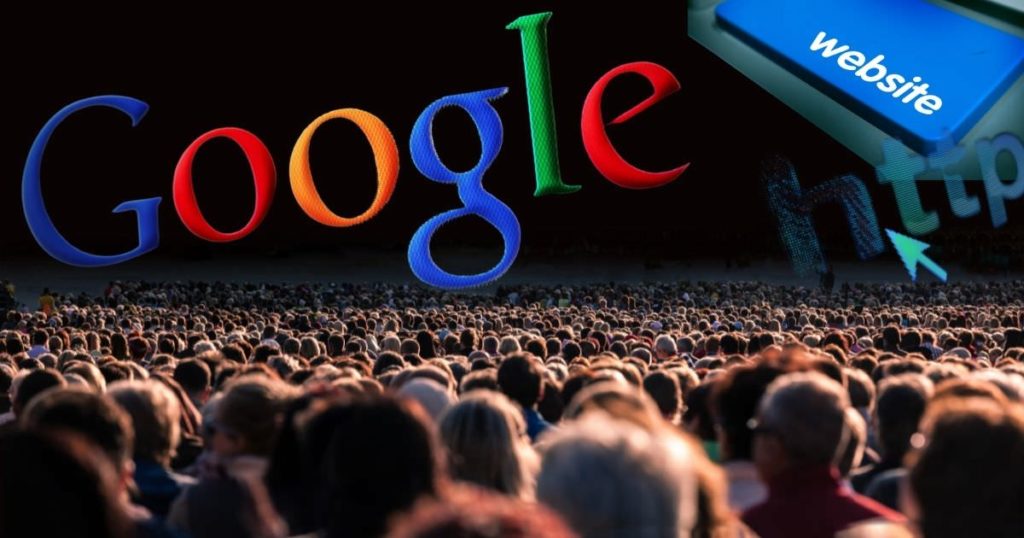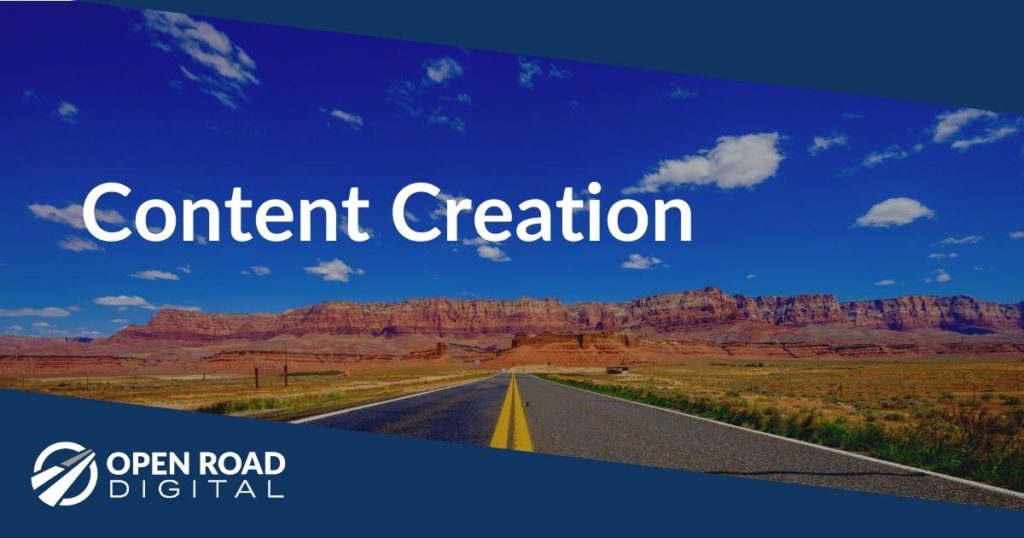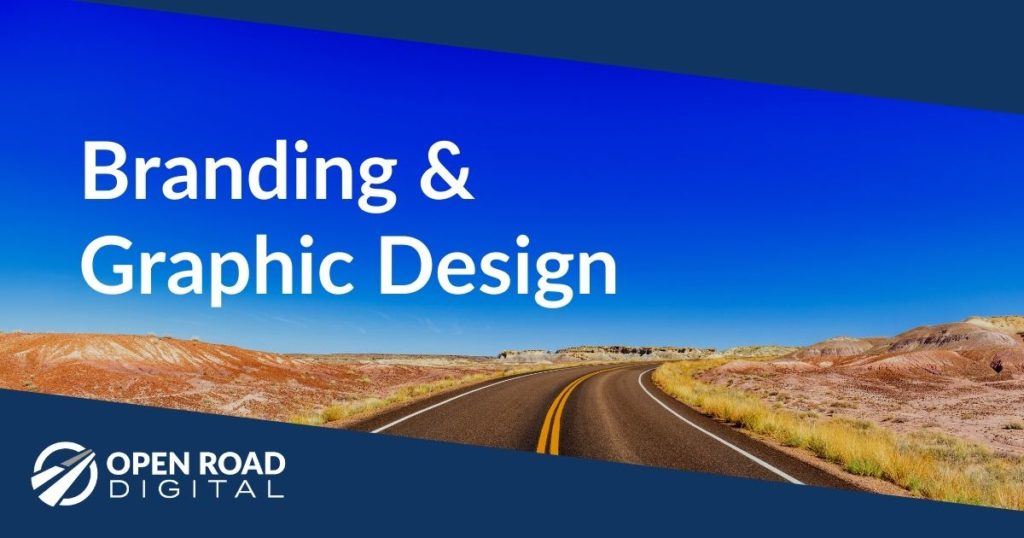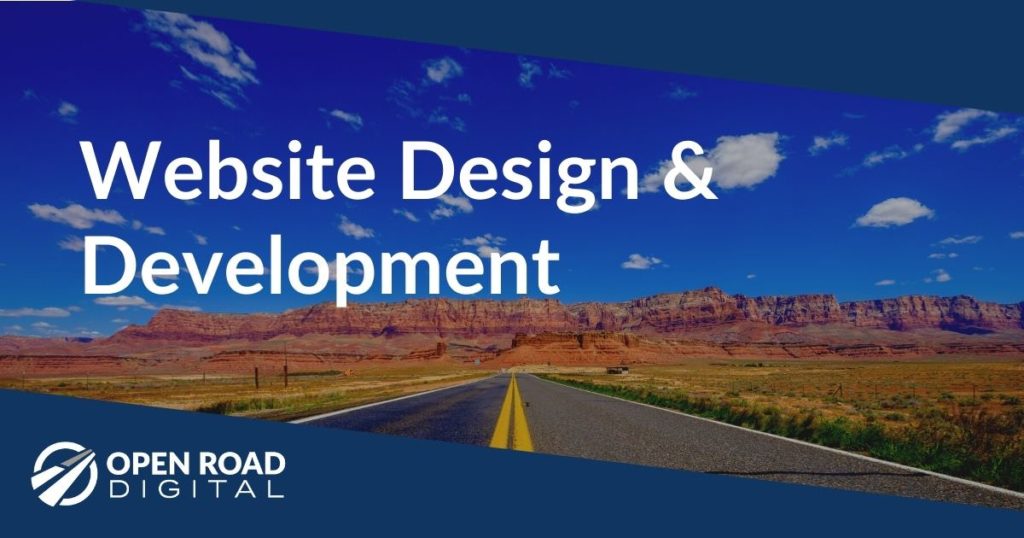Humans and Google want the same thing. If you keep that in mind, you’ll probably do well at content and digital marketing. And also SEO. Let me explain, with a little help from some friends.
What Do YOU Want When You Do a Google Search?
Think about what you search for online. It could be:
- The opening and closing hours for a local nursery or grocery, because you have just a little more time on your errand run before you need to get home.
- Information on how to fix a problem with your office printer (but not information about a version of your printer that is 10 years old and irrelevant to your needs).
- How a new law applies to your particular niche industry, not a general explanation of the law meant for people with general interest in the subject.
In each of these cases, you are looking for particular information. You don’t care whether you are sent to the homepage of a website or a subpage or a blog post. As long as you get exactly the information you want, you’ll walk away satisfied with your search.

Google Wants the Same Thing as You
Now think about it: Google wants to provide you what you are seeking. Because if you don’t get it, you might look elsewhere. And of course, Google wants you to keep coming back. (They need an audience for their ads.)
Here’s what Google does not want:
- A website search result that gamed Google’s system, thereby presenting a false result for the searcher.
- A website that is onerous for visitors to navigate.
- No relevant search results at all.
One way to look at this is to remember that nearly every online search is a “niche” search: it’s a plea for very specific information. If your website delivers that information, Google in most cases is pleased to deliver your information to its users.
Starting with the end in mind (the searcher’s intent) is a good approach.
“It’s important to understand the market and your competitors’ strategies so you can take advantage of opportunities, fill gaps, target your audience more effectively, and differentiate your messaging,” states Stacey Piper, Founder & CEO of Piper Strategies.

Don’t Get Confused by Complicated “SEO Talk”
SEO means “search engine optimization” and is a series of practices that website owners can take to improve the visibility and ranking of their web pages in online, non-advertising search results.
There are some really amazing SEO experts out there – smart, diligent, caring people who have PhD-level skills and want to help their clients succeed. Snake oil salespeople they are not. If I was running a big ecommerce operation, you can bet that I would invest in some high-end, ongoing SEO help.
But in many cases, what some of the best SEO experts (including those who work within Google) will tell you is: Use Common Sense when trying to do SEO well.
To me, that means: Think Like Google, who thinks like all of us when we perform searches.
“Marketing as a discipline is first and foremost about defining audiences and markets: literally qualifying who we’re going after.”
– Simon Marshall, Founder of TBD Marketing & the Digital 100
What Do People Want When Searching?
So here are some common sense items that all of us want:
- A website that understands me as a potential client or customer and delivers information (aka, content) for people like me. (In other words, I am a “niche.”) Be intentional in the content you present. As Simon Marshall, Founder of TBD Marketing Ltd and the Digital 100 law firm benchmarking platform, “Marketing as a discipline is first and foremost about defining audiences and markets: literally qualifying who we’re going after and determining if it’s worth doing so financially.”
- A website that is easy to navigate: I can find information easily, on mobile and desktop.
- The web page I get sent to is like a “one-stop shop” for the topic or information that I need. There may be some key information on the page I click to, but from that page I can find further information to help me out: blogs, case studies, related services, expert bios and profiles, related news, and so on. Says Stacey Piper, “The collection of content types, formats, and channels you use is like a buffet. Be sure to provide content of all lengths with bites, snacks, and meals – with blog posts, infographics, tip sheets, videos, and success stories.”
- Content that is informative but also, at times, entertaining. As writer and researcher Camille Galdes puts it, “While so-called ‘technical content’ that is supported by high-quality research is important, it also pays to provide content in a ‘storytelling’ style. Not only do stories make technical information more digestible, but they also humanize your voice, which helps the reader relate to and trust you or your brand.”
How does one begin to create authoritative content that is relevant to target audiences? Sameena Kluck, a lawyer, social media strategist, and LegalTech veteran, states that:
“You may feel overwhelmed at the thought of developing content but it doesn’t need to be all that time-consuming. Personally, I use LinkedIn and Twitter to find inspiration for the right topics. I want to understand my target audiences’ agendas, problems, and pain points and figure out solutions to those problems.”
– Sameena (Safdar) Kluck

Aim High: When Other Humans Treat You As the Expert
The founders of Google made a determination in the ‘90s: If websites linked their own content to a particular website (“Website X”) because Website X had valuable and authoritative content, then Google would rank Website X’s page(s) higher in search results.
That may not sound earth-shattering to you and me, but you can imagine that when people were trying to conceptualize and build search engines in the early days of the World Wide Web, it wasn’t necessarily clear which factors would produce the best search results.
What we have now is what any society would have had 50 or 500 or 5,000 years ago: a system in which the people (websites) that have the most referrals have the best reputations (get ranked the highest). And that’s how it should be.
In the “real world,” reputations take time to build. The digital world is no less real, or different. Says Helen Burness, Director of Saltmarsh Marketing, “It may take some time to see investment in SEO on your website pay off. But the more time, effort and budget you put into your marketing and the more consistent you are, the more results you will generate.”
So when it comes to writing and publishing content on the web and to developing and designing a website, think with your end-user in mind.
What would they want?
And deliver that.




